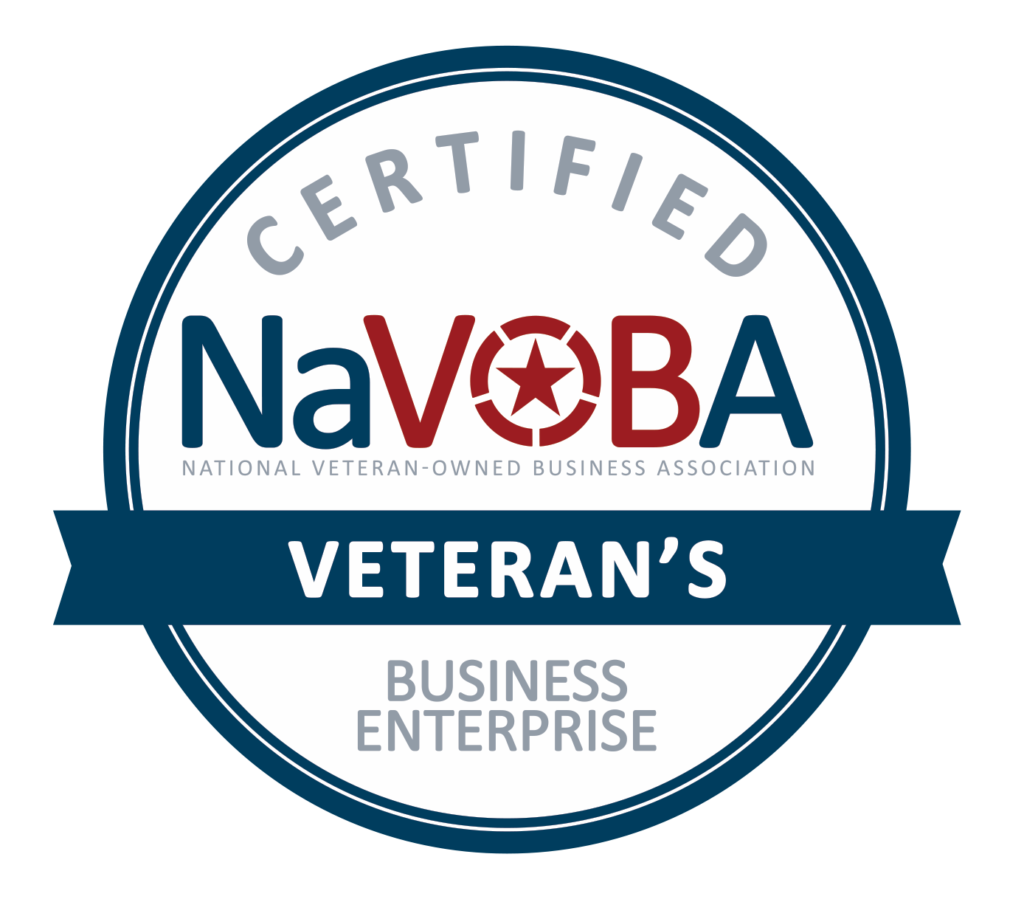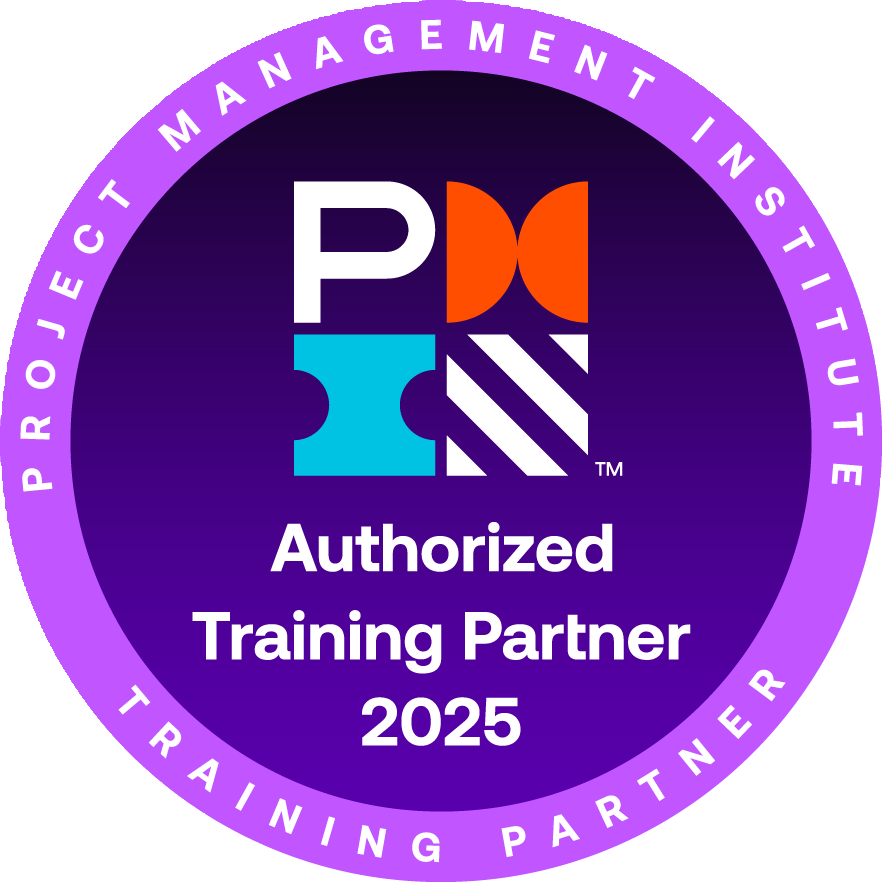
To keep the Agile team focused on delivering value throughout the project, Agile approaches break down the project into smaller, more manageable chunks. In today’s changing market environment, this method is a viable option because it has no bottleneck. In agile teams, changes can be handled quickly and effectively, resulting in more successful projects and greater acceptance. Agile certification can be a personal game-changer as well. Employers are looking for certified Agile professionals to help them transition to Agile, making a certified Agile professional the preferred candidate for any job. Professionals who are certified are more likely to earn more money and have better job security than those who are not. Completing an Agile certification is beneficial on two levels: the organizational and the individual. Learn how Agile can benefit both parties by reading the article.
Benefits of Agile Certification for an Organization
There has been a lot of research done to compare the success rate of projects completed with Agile and projects completed with the traditional waterfall methods, and they have concluded that Agile projects have a higher success rate, at 64%, when compared to waterfall projects, which is at 49%. This is one of the biggest factors in determining whether or not companies decide to become Agile.
The five main reasons that companies shift towards creating an Agile mindset for their organization are listed below.
Delivering Consistent Value With Each Project
Agile frameworks are created to ensure that teams deliver considerable value to their project with each iteration throughout the project’s lifetime. Agile projects follow a set of principles that come with their own processes. This ensures consistency and efficiency in the duration of the project. Getting certified in Agile means being able to attain this level of expertise and efficiency for a team.
React Quickly and Adapt Easily to Change
Agile projects are iterative, which means they can adapt easily to any changes in the near future. The entire Agile philosophy was created to adapt and accommodate changes that may arise in the future. This means that projects completed using Agile are more fluid and can be completed in a way that caters to the public demand.
Agile Projects Help Strengthen Relationships
The relationship an organization has with its stakeholders and customers is crucial to its success. Agile helps strengthen this relationship. Since the final product in Agile projects is made keeping the stakeholder’s and end users’ needs in mind, it creates a sense of trust from the customer’s end. Also, it plays a key role in improving the existing relationship. Agile projects give feedback a lot of importance, and they implement them in future iterations to satisfy the customer’s needs.
Managing Costs, Time, and Scope of Employees
Agile teams consider the scope of each employee before assigning tasks, which helps create realistic and achievable goals for projects. This helps in avoiding late deliveries and sticking to a set deadline, something that is crucial to the success of any project. Maintaining a steady timeline and scope of work for the team also helps negate any additional costs that could occur in case of any disruptions. Agile projects have a properly managed view of their costs, timelines and their team members’ working capacity.
Improving Communication
Agile teams work well together internally and collaborate with other departments regularly. This helps in keeping track of the progress of any project. Agile teams are greatly focused on communication, and they have regular, even daily meetings, to discuss the status of their tasks. This open communication eliminates any miscommunication and confusion within the team.
Benefits of Agile Certification on a Personal Level
Agile certifications come with their personal benefits as well for any employee. On a singular level, the scope of employment for any working professional who has gotten Agile certifications increases. Agile certified individuals are in high demand, and companies around the world are hiring them. On average, a certified Agile Project Manager in the United States makes $140,000 a year.
Besides the obvious financial benefits of becoming an Agile certified professional, other advancements in a professional’s career could give them the reason to complete a certification in Agile. It is a globally recognized certification that helps employees across many industries improve their career options and diversify their skill set.
Career Advancement with an Agile Certification
Agile is used in software development as well as project management. The methodology has gained widespread popularity in the way it benefits the operations of any organization. Hiring managers are looking for those with an Agile certification to hire for open positions because of the value they bring to the table.
Improve Credibility by becoming Certified
Becoming a certified Agile professional improves an employee’s credibility in the eyes of their hiring managers or their superiors in their current organization. Agile certification is proof of the employee’s expertise and knowledge of operating using Agile methods and techniques. It acts as evidence or proof of an employee’s advanced skill set.
Increase Knowledge
The market environment today is dynamic and constantly changing. This means all working professionals need to have the knowledge and expertise to help them be flexible and advance with the changes. Agile certifications are a means of learning how to keep in touch with the changing environments and still grow in the workplace.
Practical Demonstration
An Agile certification gives working professionals knowledge and authority over Agile practices and how to implement them within their organization. This expertise can be used in project management strategies throughout the company. This demonstration of skills can lead to a higher pay package or salary for employees. Agile professionals get more opportunities to showcase their skills and advance in their careers.
Entrepreneurship Skills
For working professionals who want to start their own business, certifications in Agile can prove to have a tremendous positive impact on the business outlook of the new company. Entrepreneurs who are certified in Agile have the necessary skills that are required to run a business successfully. They understand teamwork, time management, and allocation of tasks and duties. These are three important pillars in ensuring the success of any project, and in turn, ensuring the success of the new venture.
PMLG; Agile Training
Agile certification has been shown to be beneficial to both organizations and working professionals. Employees, executives, and leaders can pursue certifications in Agile and related methodologies to advance their careers. Contact us at PMLG if you’d like to learn about Agile.


